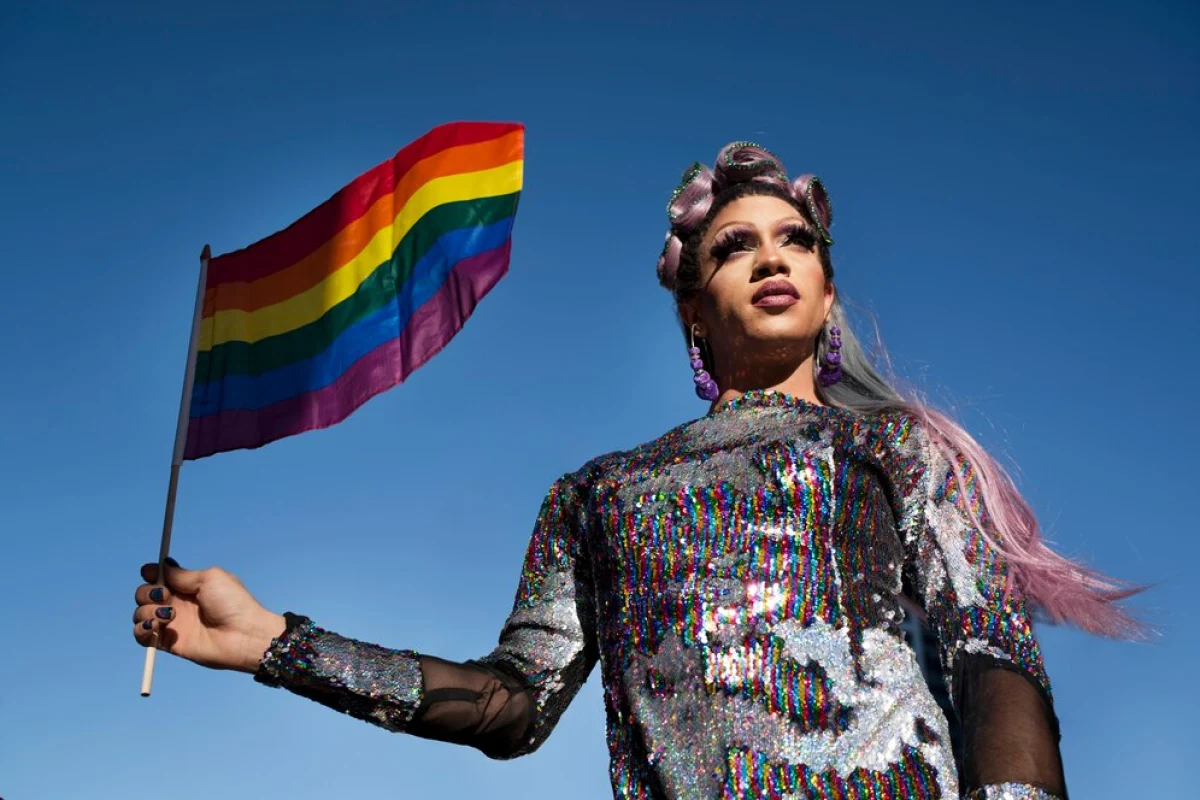
Every year in June, the world dresses in rainbow colors to celebrate LGBTIQ+ Pride Month, a month dedicated to recognizing sexual diversity and paying tribute to the tireless fight for equal rights.
>>> LGBTQIA+ Pride Month: Why is it celebrated in June?
For decades, the LGBTIQ+ community has faced adversity in the form of discrimination, violence and marginalization. The Stonewall riots, however, represented a radical change.
In the early morning of June 28, 1969, The New York police raided the Stonewall Inn bar, a popular venue frequented by the LGBTIQ+ community in the Greenwich Village neighborhood. This raid, which was a common practice at the time, triggered a series of spontaneous protests and demonstrations that lasted several days.
These riots, known as the Stonewall riots, are considered a turning point in the history of the LGBTIQ+ movement, marking the beginning of an open and visible fight for equal rights.
This spontaneous uprising is recognized as a crucial moment in the fight for LGBTIQ+ rights. Since then, the movement towards equality and acceptance has gained greater visibility and strength.motivating communities around the world to raise their voices and claim their rights.
Why is June LGBTIQ+ Pride Month?
The choice of June as LGBTIQ+ Pride month is due to the historical importance of the Stonewall riots.
Beginning in 1970, in commemoration of the Stonewall riots, the first LGBTIQ+ Pride marches began to be organized in different cities around the world. These marches, initially small and with a strong police presence, grew in size and visibility as the community came together to demand their rights.
>>> Celebrities like Cyndi Lauper and Lizzo led the annual gay pride parade in California
Who is part of the LGBTQ+ community?
The term LGBTQ+ encompasses a broad spectrum of sexual and gender identities.
- Lesbian: a woman who is romantically attracted to other women.
- Gay: man who is romantically attracted to other men.
- Bisexual: person who is romantically attracted to both men and women.
- Transgender: person whose gender identity differs from the sex assigned at birth.
- Queer: generic term for people who do not identify with heteronormativity.
- Intersexual: person whose sex is not clearly defined due to genetic, hormonal or biological differences.
- Asexual: person who does not experience sexual attraction to another gender.
Source: https://www.noticiascaracol.com/colombia/mes-del-orgullo-lgbtiq-por-que-se-conmemora-durante-junio-so35


